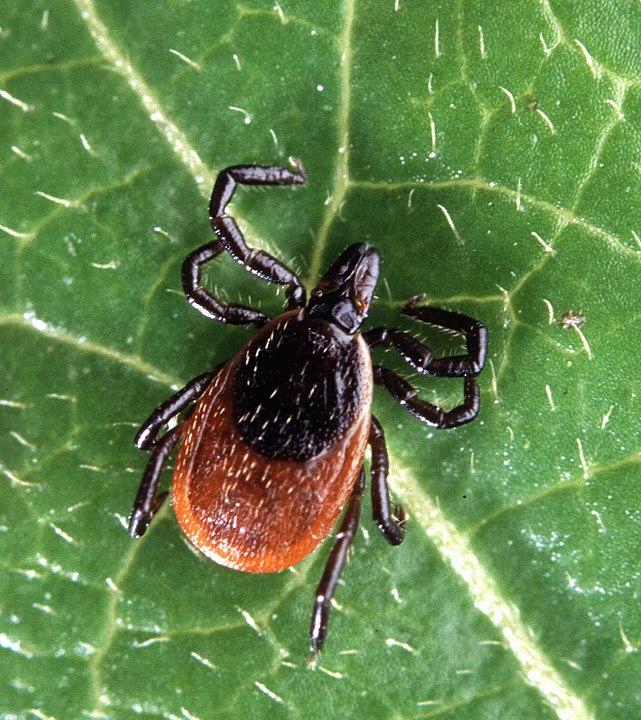Violence, bloodshed, disease, horror and death. In the Arb, dangers lurk at every corner, and every day is a new struggle to survive, but not for humans. Unlike Arb residents, we as visitors can just relax and enjoy the Arb without worrying about predation, poison or pathogens. But you may still wonder what could harm you, maybe because you just want to be extra cautious or maybe because you are the type of adventurer for whom a sense of threat is integral to the excitement for nature.
No animals in the Arb will prey on or initiate attacks against humans. The biggest predatory mammals in the Arb are coyotes, but coyote attacks on people are very rare. Since they fear humans, coyotes will likely flee before Arb visitors see them. It would be very lucky if you actually ever encounter one! There are no bears living in the Arb or adjacent natural areas, but based on track evidence, one or two bears might pass through the Arb once every few years. Due to their very occasional and brief presence, no one has reported seeing a bear in the Arb in decades.
Poison is also a minimal concern given the assumption that we don’t randomly put things in our mouths. However, there are three plants that might cause you pain through contact: wild parsnip (which only blooms from June to August), poison ivy and stinging nettles. When venturing off of trails, the best way to avoid contact with those is to wear long pants, socks and closed-toe shoes and learn to identify them.
If we have to pinpoint the most serious health concern in the Arb, it probably would be ticks, which are most active in spring and fall. Specifically, black-legged ticks (or “deer ticks”) are a concern because they carry Lyme disease and other pathogens. Fortunately, a tick must feed for at least 24 hours to transmit the disease-causing bacteria, which means someone who encounters one can have time to notice and remove it. Again, wearing long pants and socks helps, and checking our clothing and bodies thoroughly after a trip will make the chance of infection close to negligible.










